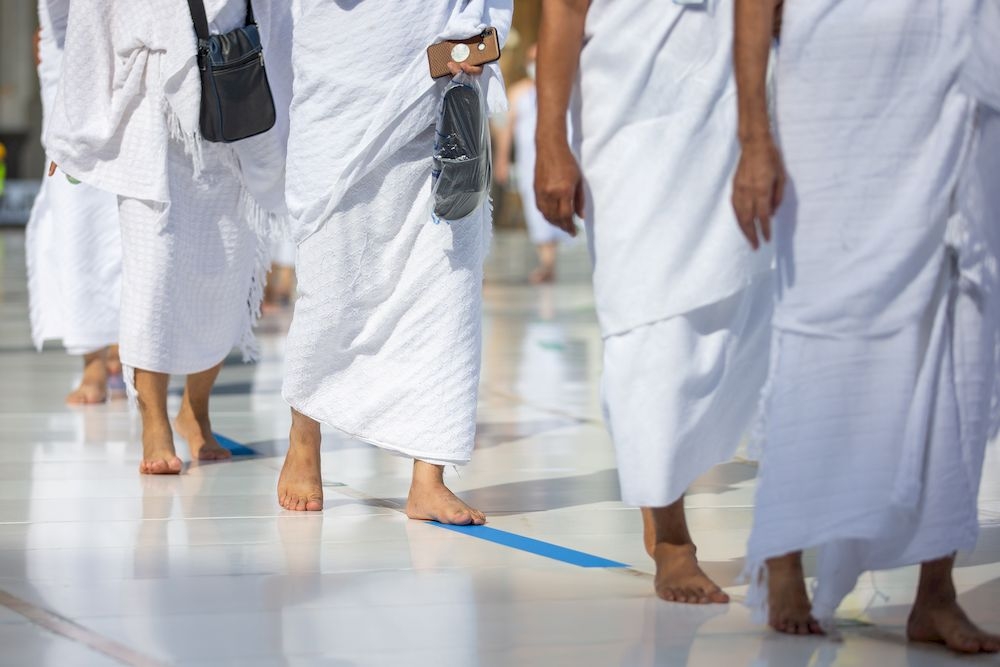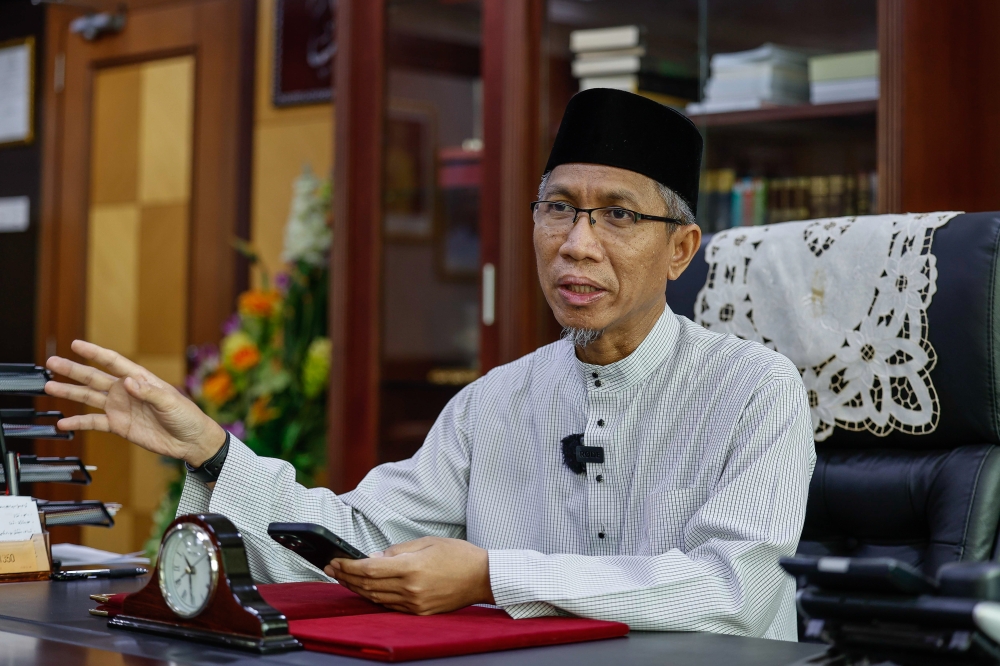‘Debts must be repaid first’: Selangor mufti on financial obligations before Haj pilgrimage

SHAH ALAM, March 30 — Muslims should fully understand the concept of istito’ah (ability) before embarking on the Haj pilgrimage, which is one of the essential conditions for fulfilling the fifth pillar of Islam.
Many assume that having sufficient funds to cover travel expenses, personal costs in the Holy Land, and the needs of their families back home automatically fulfils this requirement.
However, some prospective pilgrims overlook an important aspect-settling outstanding debts-while others disregard it entirely, choosing to perform Haj without first repaying money owed to acquaintances or relatives.
Selangor Mufti Datuk Dr Anhar Opir said Islam places great importance on human rights, and outstanding debts are a trust that must be honoured as part of the istito’ah in fulfilling the Haj pilgrimage.
“Performing the Umrah is considered sunnah (encouraged or recommended), while settling debts is wajib (obligatory). Therefore, debts must be paid off first.
“As for performing the Haj, it is a compulsory act of worship (once in a lifetime for those who can afford it). However, since repaying debts is also an obligation, some scholars hold that debts must be settled first, as they involve the rights of others.
“If, after paying the debts, there is not enough money left to go for the Haj pilgrimage, it is then not obligatory for the person to perform the Haj,” he told Bernama recently.

However, he said that individuals with outstanding debts from personal financing through banking institutions are not exempt from the Haj obligation as long as they can manage their debt payments while meeting other financial needs.
Anhar, who is Haj Guidance Committee chairman, noted that there are Muslims who fulfil all the conditions of istito’ah but still choose not to perform Haj without a valid syarak-accepted reason.
Such individuals, he said, fall into the category of those who neglect their religious obligations.
“For those who deliberately refuse to perform the Haj pilgrimage despite having the means, it is considered sinful, as performing the Haj is a pillar of Islam and remains an obligation upon those who are capable,” he added.
According to Anhar, istito’ah, as outlined by Islamic law, goes beyond physical and financial capability.
It also includes safety considerations, such as ensuring a secure journey, access to transportation for travel to and from the Holy Land, and obtaining the necessary permission from Saudi authorities, he said.
He emphasised that physical health is one of the five key conditions of istito’ah, as pilgrims must be able to perform the Haj rituals independently.
“The pilgrimage requires endurance, as it involves navigating massive crowds over an extended period-up to 45 days-amidst harsh, dry weather conditions that differ significantly from those in Malaysia.
“Whether performing the tawaf, sa’i, or the stoning ritual, every location is densely packed with people, demanding both physical stamina and, more importantly, mental resilience.
“That is why Tabung Haji conducts strict health screenings for all prospective pilgrims-not to unfairly deny anyone, but to uphold the maqasid (higher objectives) of ensuring that pilgrims are in the best possible health to perform the pilgrimage properly,” he explained.
For the 1446H/2025M Haj season, the muassasah package for first-time pilgrims from the B40 income group is set at RM15,000, RM23,500 for the M40, while those in the T20 group must pay the full amount, which is RM33,300. — Bernama

